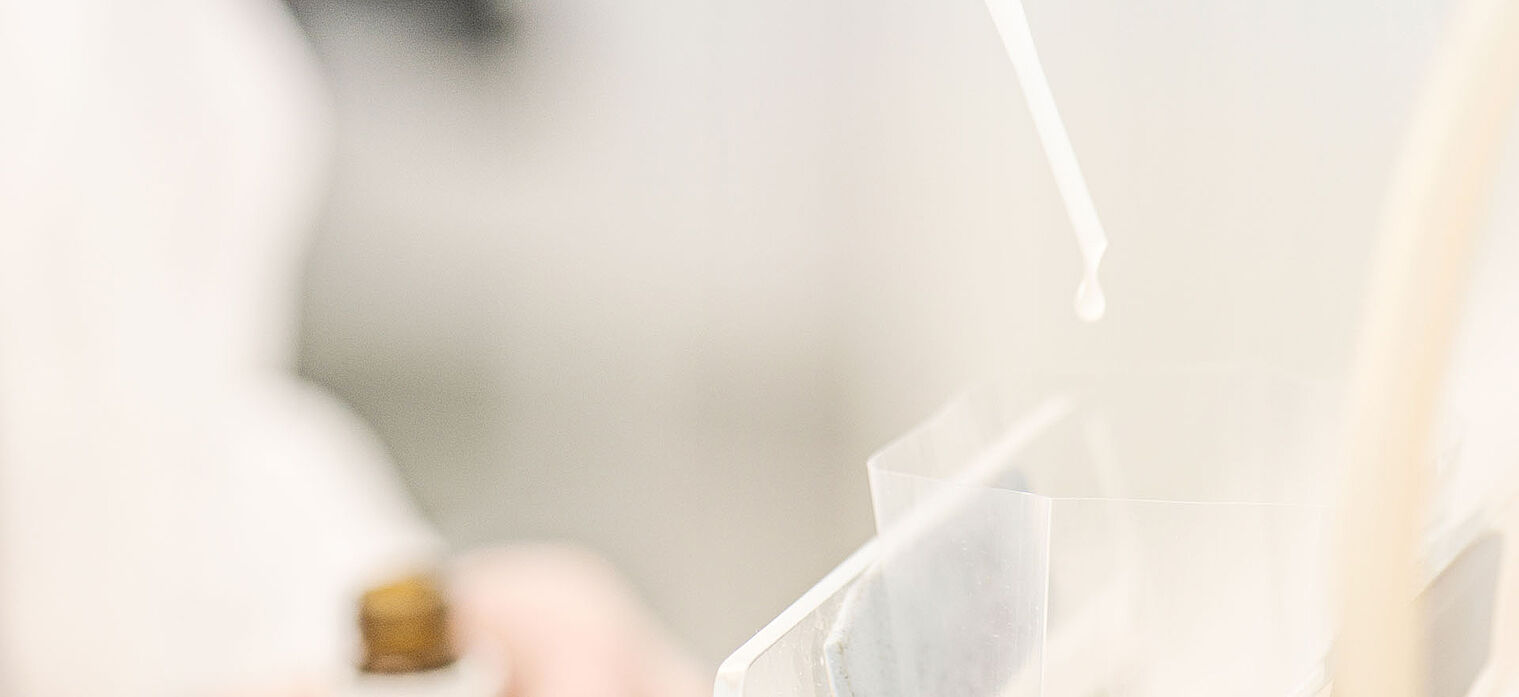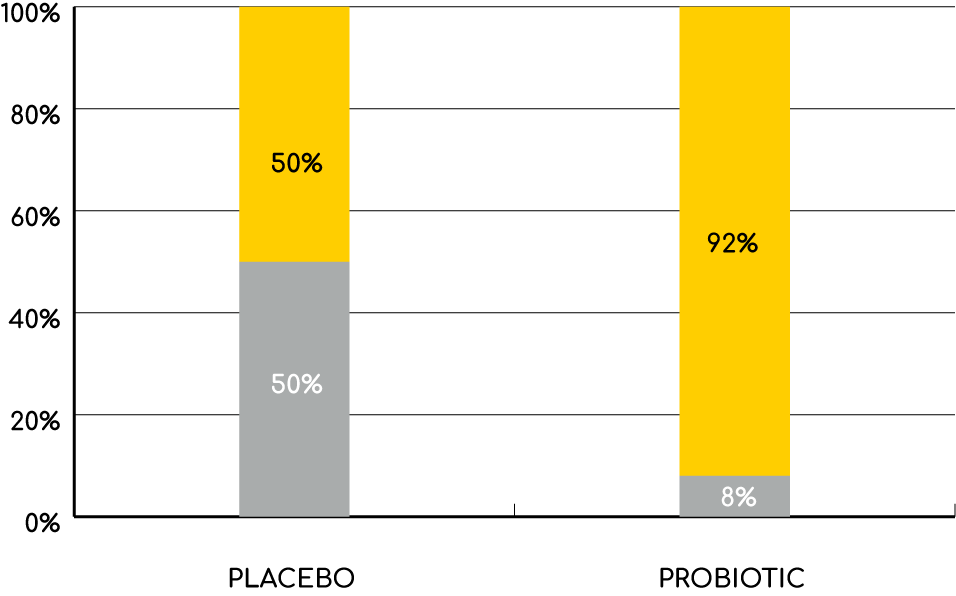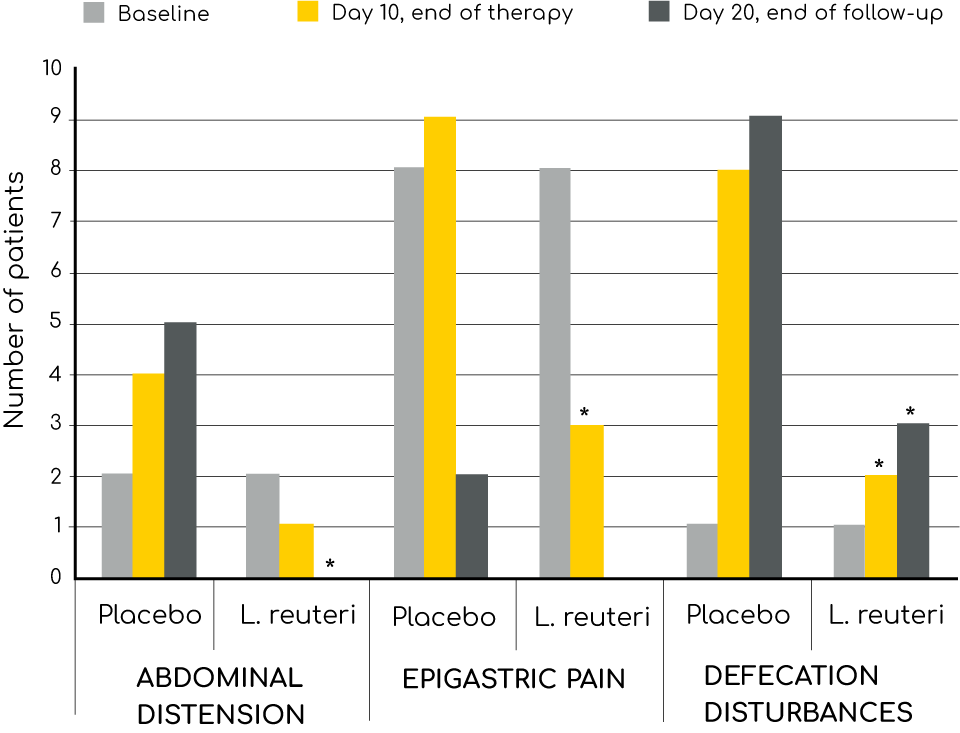
Biegunka związana z antybiotykami (AAD)
Ponieważ antybiotyki nie tylko zabijają złe bakterie, ale także dobre, równowaga mikroflory zostaje zaburzona podczas leczenia. Może to powodować biegunkę i inne problemy żołądkowe, stan zwany biegunką związaną z antybiotykami (AAD). Mogą również wystąpić inne objawy, takie jak wzdęcia, ból żołądka i inne czynnościowe objawy brzuszne.


